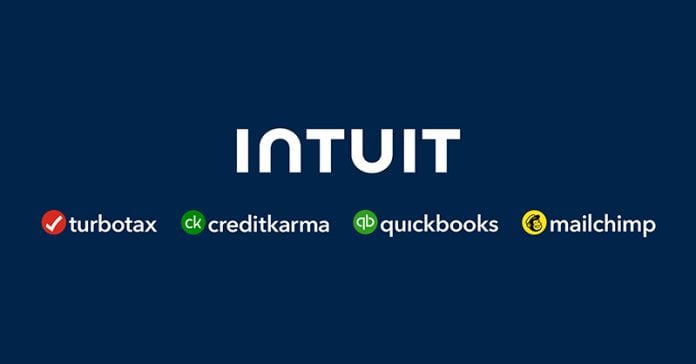Intuit Inc. has announced a transformative update to its QuickBooks platform, now enhanced with a suite of AI agents designed to streamline operations and boost efficiency for small and mid-sized businesses (SMBs) in Canada. As nearly half of Canadian SMBs grapple with untapped growth potential due to inefficiencies and fragmented systems, this intelligent overhaul aims to help owners make smarter, quicker business decisions.
The new AI capabilities are part of Intuit’s broader initiative to integrate technology with human expertise, creating a hybrid model that addresses routine burdens while fostering strategic focus. According to Puja Subrun, Vice President at Intuit Canada-LATAM, “Automation where it counts, human where it matters; that is the balance we have built into the reimagined QuickBooks experience.” This philosophy underpins the design of features that offer essential financial insights and operational support.
The deployed AI agents provide an array of functionalities targeting common administrative challenges. For example, the Accounting Agent automates bookkeeping and ensures accurate categorization of transactions, helping businesses maintain clean and precise accounts. The Customer Agent identifies promising leads directly from email, allowing owners to prioritize valuable opportunities and effectively manage the sales cycle. Additionally, the Finance Agent delivers comprehensive financial summaries, equipping owners with key data such as profit and loss statements and cash flow analyses.
These innovations not only promote efficiency but also lead to significant time savings. In fact, businesses using these enhanced QuickBooks features report reclaiming up to 12 hours each month from simplified daily operations, which can be redirected to more strategic initiatives.
Beyond operational benefits, the recent report by Intuit titled "The Growth Gap" points out that up to 49% of small business growth potential in Canada remains unrealized. This stagnation can be attributed to inefficiencies and decision fatigue in managing financial responsibilities. With improvements in how automation can facilitate streamlined workflow, the report suggests that a significant uptick in revenue could be generated if these hurdles are properly addressed—estimated at a 6.4% annual increase in revenue, or an average uplift of approximately $178,273 per company.
Yet, this transformation comes with its own set of challenges. Although Intuit’s AI tools promise to enhance efficiency, small business owners may need to navigate the learning curve associated with integrating new technology into their existing systems. Furthermore, while the virtual team of AI agents works to automate many tasks, there remains the need for business owners to maintain oversight and ensure data accuracy.
Despite potential hurdles, the sentiment is optimistic. The “AI Dividend,” as articulated by Intuit, reflects the regained productivity and focus experienced by SMB leaders who embrace automation. Notably, 80% of surveyed small business leaders believe that AI can help them delegate more effectively without sacrificing control.
Ciarán Quilty, Senior Vice-President for International at Intuit, emphasizes the importance of this shift: “Ambition is abundant, but the path to execution remains obstructed by everyday complexity. When routine work is automated, time and visibility return, giving leaders the insights they need and the confidence to act with conviction.”
As these AI-driven features roll out, Canadian business owners looking to increase their operational efficiency and capitalize on growth opportunities should consider integrating the enhanced QuickBooks platform into their business strategy. By harnessing the blend of automated utility and expert collaboration, the new functionality positions SMBs to not only survive but thrive in the competitive landscape.
For those interested in exploring these developments further, you can find additional information at Intuit’s official release here.
Image Via Intuit



